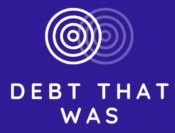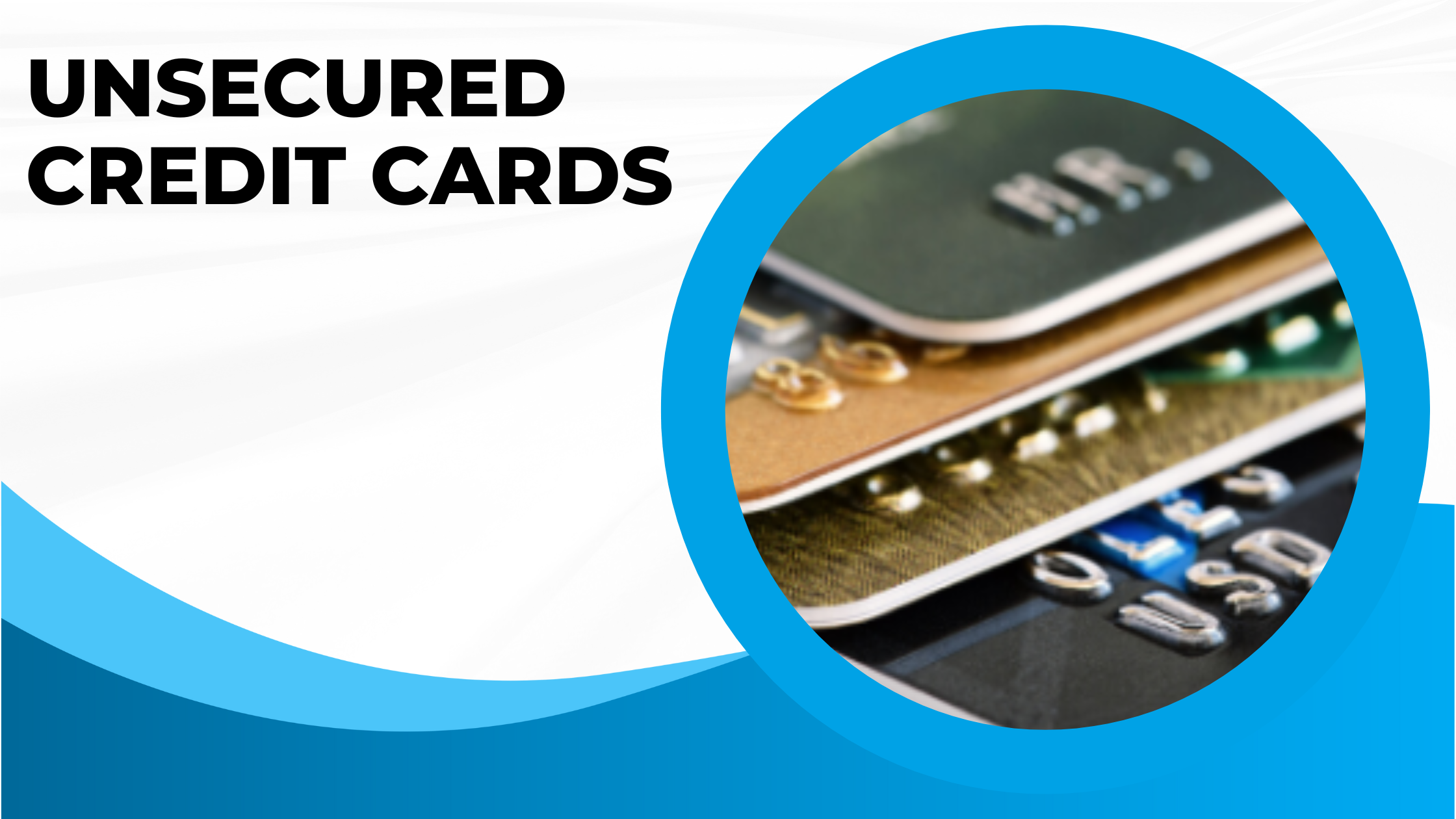Table of Contents
ToggleWhat are unsecured credit cards?
Credit cards that we usually use for our purchases are unsecured. They are the most common type of credit card, and there is no collateral to secure them.
It is not difficult to find unsecured credit cards as most of the credit cards on the market are unsecured. Generally, a card will only be a secured credit card if you see the word secured’ in the name. Otherwise, you don’t hear the word unsecured very much unless you want to distinguish it from secured credit cards.
If you have bad credit or no credit history, it may be hard for you to qualify for an unsecured credit card. The reason for this is that your credit history will reflect on how well you repay the money you have borrowed. Lenders will be reluctant to lend you money if there is no indication that you can pay them back.
How does an unsecured credit card work?
Since no collateral is required for unsecured credit cards, different factors determine the terms of the debt. The factors include your ability to pay, your credit rating, and the information on your application. It is very risky for a lender to issue an unsecured credit card because of the nature of the debt.
An unsecured credit card is unlike other loans secured by collateral. With an unsecured credit card, a lender will not have anything to take in exchange for the unpaid debt if you fail to pay. The lender will have to resort to other means. This could be a court case, garnishing your wages, reporting your delinquent balance to a credit bureau, or referring your account to a third-party debt collector.
What are unsecured credit card rates?
When you use your unsecured credit card, you promise to repay the money and pay interest on your debt. Credit cards have higher interest rates than car loans and mortgages, partly because of the risk involved.
The annual percentage rate or APR of unsecured credit cards is risk-based. Some borrowers get a lower APR than others, depending on their credit history. If you have a better credit history, a bank will likely give you a lower APR.
What are the differences between unsecured and secured credit cards?
The amount that you deposit for the card determines the limit of your secured credit card. With an unsecured credit card, you don’t need to fund it. Some factors affect your credit limits, such as your credit score and credit history. A lender can raise your credit limit for an unsecured credit card if you demonstrate proper credit usage.
It is easier to get a secured card than an unsecured one due to not being restricted by a bad credit score.
No security deposit is required for an unsecured credit card giving you an actual line of credit from the card issuer. If you have bad credit, it will come with high fees and a high-interest rate. However, if you responsibly use your credit card, it can be used to build up your credit. With better credit, you can get more favorable terms with your unsecured credit card.
Why do people prefer unsecured credit cards?
Most people choose to get unsecured credit cards despite their potential legal hazards. The advantage is that they don’t have to deposit money before they can gain credit. The money you would pay a secured creditor could be used for other purposes or deposited in the bank to earn interest. If you have good credit, you also get lower interest rates on your unsecured credit card than a secured credit card. There are also many rewards programs offered with unsecured credit cards.
How do you qualify for an unsecured credit card?
If you have bad credit, no credit, or have recently filed for bankruptcy, you may find it challenging to qualify for an unsecured credit card. This credit standing is a risk to creditors that you may be unable to pay back what you have used. If you want to get your credit back on track, it is best to get a secured credit card first. Use it wisely for a few months, don’t overspend, and pay off any due amounts.
Then you can improve your chances of qualifying for an unsecured credit card. Once you apply for an unsecured credit card, you will also have access to your security deposit. However, it may take at least a year before you acquire your unsecured credit card.
Another way of qualifying for an unsecured credit card is by getting someone to have a joint unsecured credit card with you. With an unsecured credit card, you don’t have to give a security deposit. You can then use this to improve your credit score to qualify for your credit card.
If you have good to excellent credit, you immediately qualify for unsecured credit cards with great rewards and low-interest rates.
You can still get an unsecured credit card if you have fair credit or average credit. There are many good unsecured cards for fair credit that gives you rewards and charges no annual fees.
You can also get unsecured credit cards even without a credit history. Some card issuers don’t focus on credit scores or credit reports but evaluate the application by examining your income, bank account balances, occupation, and more.
Your credit history reveals a lot about how well you can keep your promises to repay borrowed money. You can only gain the confidence of lenders if you have a good track record in this area.

